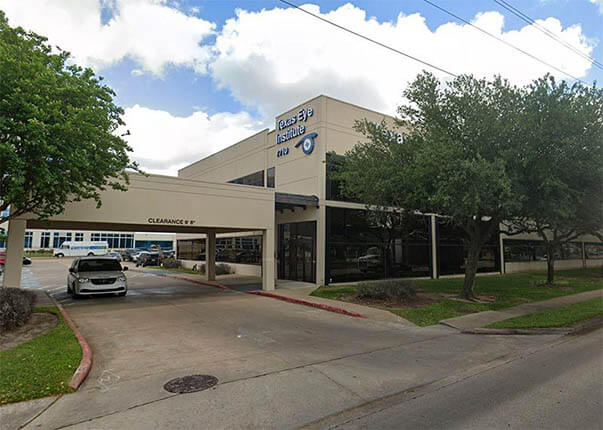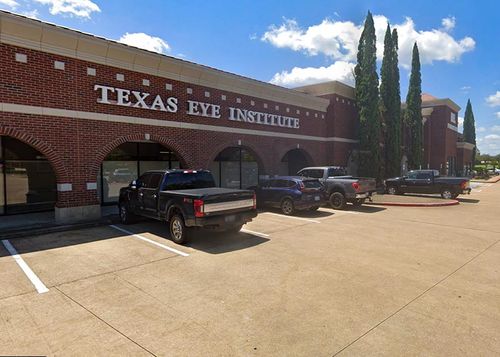
Texas Eye Institute has strict and legitimate guidelines for LASIK candidacy. Not everyone is a candidate for the LASIK eye surgery. Each person has very unique eyes. No two corneal mappings are the same, just like with DNA or a Fingerprint. At Texas Eye Institute, we perform a very extensive Pre-Operative LASIK eye health exam. This pre-operative exam is absolutely necessary. Before we can consider performing LASIK on your precious eyes, you will be required to undergo a series of diagnostic tests to determine the stability of your vision. After a thorough evaluation of your cornea, the doctors will be able to determine if you are a candidate. This very extensive diagnostic evaluation is the first step in creating a positive outcome for your best possible visual outcome or personal best vision. Your exact refractive measurements are taken, exact corneal measurements are taken, and custom wavefront measurements are taken. Your refractive measurements are taken multiple times to ensure accuracy. Your corneal measurements are taken by corneal topography (color mapping of the eye),which graphically illustrates the exact curvature of the cornea. The wavefront map is taken to show the other abnormalities in your eye. These measurements are necessary to program the Excimer laser for each patients procedures.
It is important that you are completely educated on the risks and benefits of LASIK, or Laser Vision Correction. Your decision to have LASIK laser vision correction is obviously a very serious decision. These are your eyes and you only have two of them. In the end you will be the one to make the final decision. When selecting a LASIK surgeon it is important to select a surgeon that can honestly explain your visual needs. In 98% of lasik cases, the visual outcome is 20/40 or better, however, this is a surgical procedure and risk is still involved. This is why selecting a surgeon with a large amount experience is critical. The suggested goal of LASIK is to reduce your dependence on glasses and contact lenses. LASIK does not always create perfect 20/20 vision and it is important to be aware of this fact. Most cases are successful in improving vision. Ask the right questions before selecting your ophthtalmologist or LASIK surgeon. Make sure that your surgeon of choice has the right answers to your questions, the best technology and a lot of experience under his belt to ensure a safe and effective procedure. It is possible that this is one of the most important eye care decisions that you will ever make. This is your eyes and your life. We are your source for any type of lasik eye surgery education, so call us at anytime during regular working hours.
LASIK is not an effective method for treating presbyopia, which is vision degeneration due to the aging of the eye. Any types of claims or advertising related to LASIK treatments for presbyopia should be reported to the FTC and AAO which have issued strict guidelines for marketing to these types of patients. Presbyopic correcting lenses would be an option worth considering, however; all patients must consult an ophthalmologist directly about these new types of Multifocal IOLs also called presbyopic correcting IOLs.
This page discusses issues like LASIK, Lasik candidacy, Lasik expectations, presbyopic correcting IOLs, multifocal IOLs and options for LASIK in Houston, Texas. Please contact Texas Eye Institute directly for more information regarding any of these above mentioned topics.
Texas Eye Institute is proud to provide five convenient locations for your eye care needs. Visit one of our convenient locations in Angleton, Sugarland, Southwest Houston, Katy, or Southeast Houston to see why the Texas Eye Institute is the best choice to care for your vision. Need LASIK in Houston? What about a comprehensive eye exam in Sugarland? See our locations page to find our practice nearest you!









